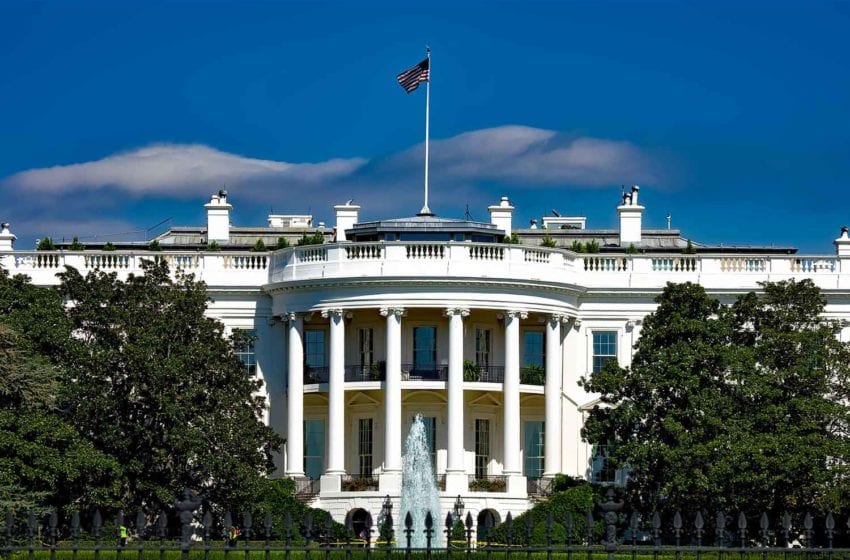Philip Morris International’s cigarette shipment volume during the first quarter of 2014, at 195.961 billion, was down by 4.4 percent on that of the first quarter of last year, 204.947 billion, though, excluding the unfavorable impact of estimated inventory movements in the quarter, the company reported, its volume decreased by about 2 percent.
Volume was down in all of PMI’s regions. It was down by 2.5 percent in its Asia region to 70.801 billion, mainly reflecting a lower market share in Indonesia, a lower market share and the adverse timing of PMI shipments in Japan, partially offset by total market growth driven by retail trade and consumer purchasing in anticipation of the April 1 consumption tax increase, and lower share in Pakistan, partially offset by the results in the Philippines being driven by a favorable comparison with those of the first quarter of 2013.
Volume was off by 2.9 percent in the EU to 41.705 billion, mainly reflecting lower total markets, partially offset by market share growth.
It was down by 4.8 percent in Latin America and Canada to 21.449 billion, due largely to the unfavorable impact of price increases in Mexico.
And it was down by 7.2 percent in Eastern Europe, Middle East and Africa (EEMA) to 62.006 billion, due mainly to a lower total market in Russia and unfavorable estimated inventory movements across various markets within the region, partially offset by Turkey.
Marlboro shipments of 65.9 billion were down by 4.1 percent, due primarily to unfavorable estimated inventory movements in the EEMA region and Japan, lower share in Japan, and a lower total market in the EU and Mexico, partially offset by the company’s performance in the Philippines.
L&M shipments of 21 billion were down by 5.8 percent; Parliament shipments of 9.9 billion were up by 1.2 percent; Bond Street shipments of 9.3 billion were decreased by 6.3 percent; Chesterfield shipments of 8.8 billion were increased by 14.3 percent; Philip Morris shipments of 8 billion were down by 5.4 percent; and Lark shipments of 6.8 billion were down by 0.3 percent.
PMI’s shipment volume of other tobacco products (OTP), in cigarette equivalent units, was down by 1.1 percent, mainly due to declines in the pipe tobacco and snuff categories in Southern Africa that offset slight growth in the fine-cut category.
The total volume of cigarettes and OTP was down by 4.3 percent.
PMI’s market share was said to have increased in a number of key markets, including Algeria, Australia, Belgium, Brazil, Canada, France, Germany, Greece, Korea, Poland, Russia, Saudi Arabia, Spain, Thailand, the U.K. and Vietnam.
PMI said that its reported diluted earnings per share, at $1.18, were down by $0.10 or 7.8 percent on those of the first quarter of 2013, or, excluding the effects of currency factors, were up by $0.06 or 4.7 percent on those of the first quarter of 2013, $1.28.
Adjusted diluted earnings per share, at $1.19, were down by $0.10 or 7.8 percent from $1.29, though excluding currency factors, adjusted diluted earnings were up by $0.06 per share, or 4.7 percent.
Reported net revenues, excluding excise taxes, were down by 8.8 percent to $6.9 billion, or by 1.6 percent, excluding currency factors.
Reported operating companies’ income was down by 12.9 percent to $3.0 billion, or by 3.7 percent excluding currency factors.
Adjusted operating companies’ income was down by 12.3 percent to $3.0 billion, or by 3.1 percent excluding currency factors.
Reported operating income was down by 13 percent to $3 billion.
“Our first-quarter results were in line with our expectations, given the known challenges we face in Asia and inventory distortions,” said André Calantzopoulos, CEO.
“While currencies remain volatile, we have recently witnessed an improvement in their unfavorable impact on our business, and accordingly, together with the restructuring charge [Australia], we are increasing our 2014 full-year reported diluted earnings per share guidance by $0.07.
“Based on our expectation of robust pricing, market share growth momentum and early signs that the operating environment is improving in Europe, combined with our continued investments for the long term, we remain confident in our constant-currency adjusted diluted EPS growth rate of [6–8 percent] for this year.”











